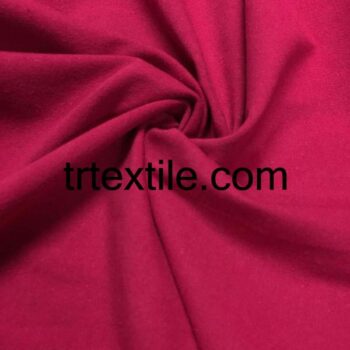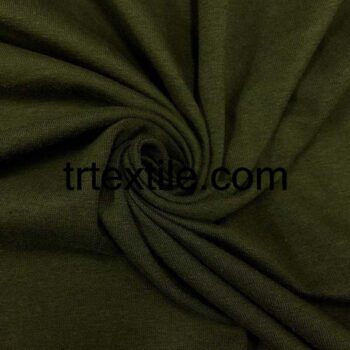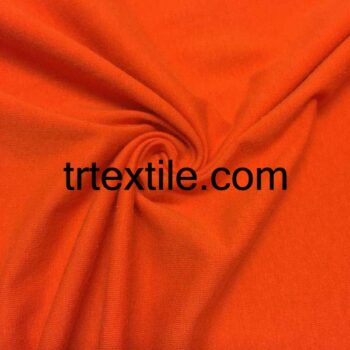-
aqua blue jersey fabric
$10,00Original price was: $10,00.$8,00Current price is: $8,00. -
black jersey fabric
$10,00Original price was: $10,00.$8,00Current price is: $8,00. -
blue jersey fabric
$10,00Original price was: $10,00.$8,00Current price is: $8,00. -
brown jersey fabric
$10,00Original price was: $10,00.$8,00Current price is: $8,00. -
dark burgundy jersey fabric
$10,00Original price was: $10,00.$8,00Current price is: $8,00. -
dark gray jersey fabric
$10,00Original price was: $10,00.$8,00Current price is: $8,00. -
dark navy blue jersey fabric
$10,00Original price was: $10,00.$8,00Current price is: $8,00. -
fuchsia jersey fabric
$10,00Original price was: $10,00.$8,00Current price is: $8,00. -
green jersey fabric
$10,00Original price was: $10,00.$8,00Current price is: $8,00. -
khaki jersey fabric
$10,00Original price was: $10,00.$8,00Current price is: $8,00. -
light gray jersey fabric
$10,00Original price was: $10,00.$8,00Current price is: $8,00. -
milk coffee jersey fabric
$10,00Original price was: $10,00.$8,00Current price is: $8,00. -
mint green jersey fabric
$10,00Original price was: $10,00.$8,00Current price is: $8,00. -
olive green jersey fabric
$10,00Original price was: $10,00.$8,00Current price is: $8,00. -
orange jersey fabric
$10,00Original price was: $10,00.$8,00Current price is: $8,00. -
purple jersey fabric
$10,00Original price was: $10,00.$8,00Current price is: $8,00.
Jersey fabrics are a popular choice for clothing and other textile applications due to their softness, stretchiness, and versatility. This type of fabric is commonly used in the production of t-shirts, dresses, athletic wear, and bedding. In this article, we will explore the characteristics of jersey fabrics, their uses, and how they are made.
Jersey fabric is a knitted fabric that is made from a blend of natural and synthetic fibers. It is known for its smooth, lightweight feel and its ability to stretch in all directions. Jersey fabrics are typically made from cotton, polyester, or a blend of both. Cotton jersey is soft and breathable, making it a popular choice for casual clothing and everyday wear. Polyester jersey is more durable and resistant to wrinkles, making it a good choice for athletic wear and activewear.
One of the key characteristics of jersey fabric is its stretchiness. This stretchiness is achieved through the knitting process, which creates a fabric with loops that can be stretched and manipulated without losing their shape. This makes jersey fabric comfortable to wear and easy to move in, which is why it is often used in sportswear and activewear. Jersey fabric also has good draping qualities, making it ideal for flowing and fitted garments.
Jersey fabric can be made using different knitting techniques, such as single knit, double knit, or rib knit. Single knit jersey is the most common type and is made with a single set of needles, creating a smooth and stretchy fabric. Double knit jersey is made with two sets of needles, resulting in a thicker and more stable fabric. Rib knit jersey has vertical ridges on one side and horizontal ribs on the other, giving it a ribbed texture and added stretch.
Jersey fabric can be dyed in a wide range of colors and patterns, making it a versatile choice for a variety of clothing and textile applications. It is easy to care for and can be machine washed and dried, making it a practical choice for everyday wear. Jersey fabric is also known for its durability and longevity, making it a sustainable choice for environmentally conscious consumers.
In conclusion, jersey fabrics are a popular choice for clothing and textile applications due to their softness, stretchiness, and versatility. Whether you are looking for a comfortable t-shirt, a stylish dress, or durable activewear, jersey fabric is a great option to consider. Its smooth texture, stretchability, and draping qualities make it a favorite among designers and consumers alike. With its wide range of colors and patterns, easy care instructions, and sustainable properties, jersey fabric is sure to remain a staple in the world of fashion and textiles for years to come.















